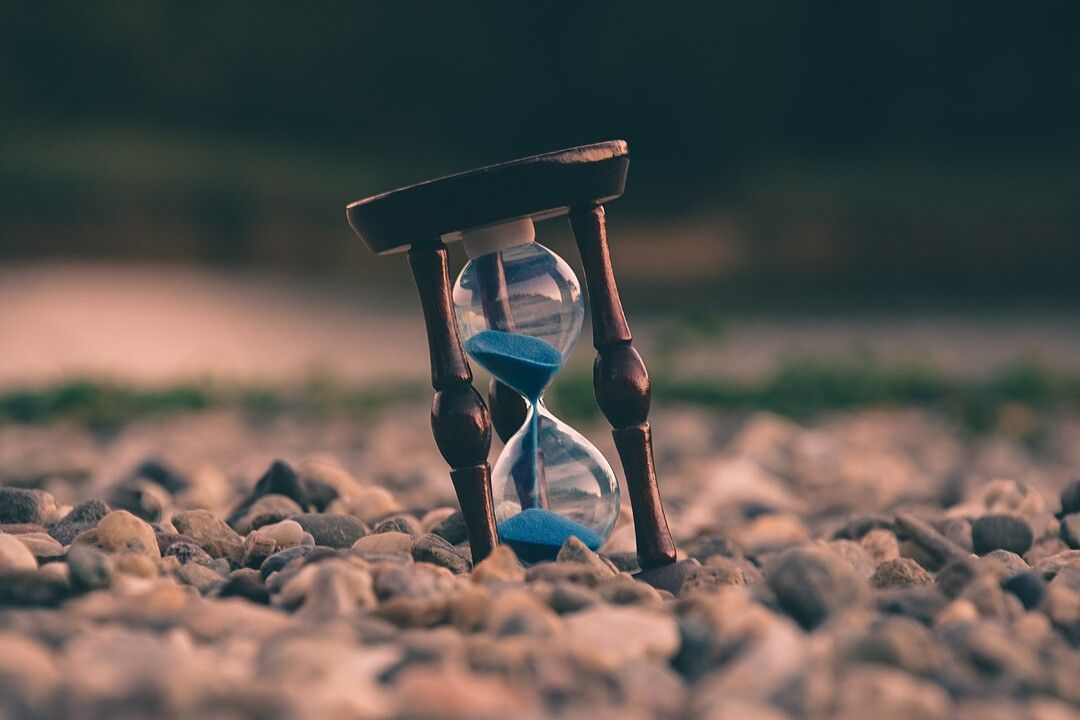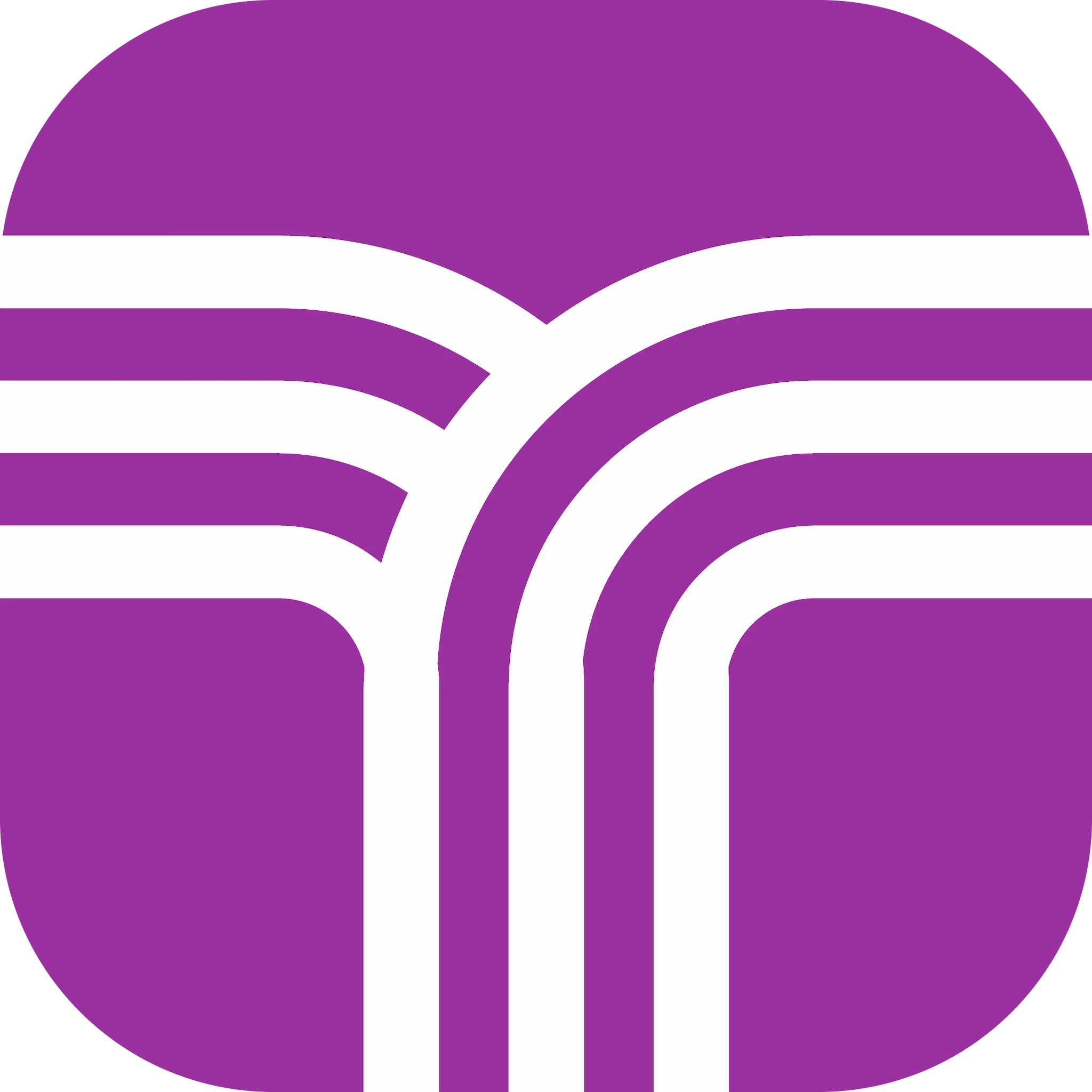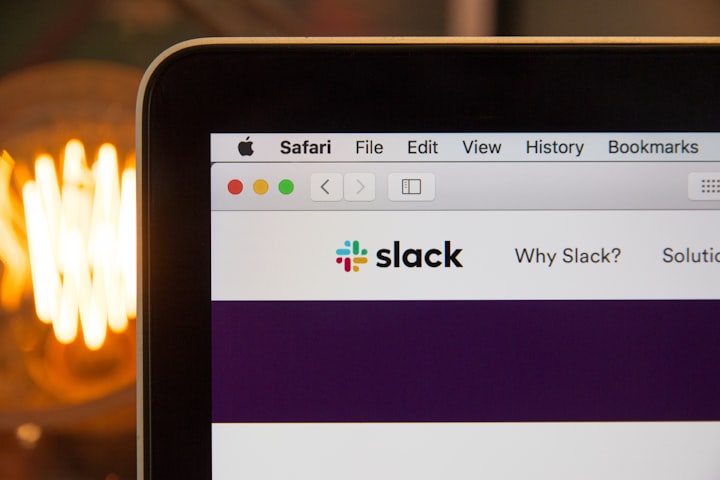How To Get Stuff Done In Tech (Time Management 101)

I spend a lot of time thinking about time.
Time is the most important resource we have, but so many people squander it day by day, week by week, and eventually, across years. In this article, I want to share 3 tactics to maximize how much you get done on what's important.
Why do I care about managing my time? I'm currently the co-founder of Taro to help software engineers get promoted, I run a YouTube channel with 65K+ subscribers, and I run free live events attended by 1000s of people through Tech Career Growth. Oh yeah, and I play pickleball twice a week, spend time with family every day, and still go on vacations every few months!
I love everything I do, but doing it in a sustainable way requires a conscious approach to time management. When it comes to productivity, the system is much more important than the effort: willpower changes day-to-day, but the framework doesn’t. I’ve landed on a system to get things done consistently without a huge mental tax.
I hope this system is valuable even if you don’t adopt it exactly. At the very least, time management is worth thinking about. It’s one of the most important questions of our lives -- how do we spend our time?
Here are 3 pillars of my system:
1. The One Thing
Every night before going to bed, I establish exactly one thing which must get done the next day. Having just one item is essential, since we typically overestimate what we can accomplish in a day. Over time, I’ve been able to calibrate the single item to make sure it’s appropriately sized. If in doubt, de-scope your one thing to ensure it’s actually feasible.
I physically write the task on a sticky note for two reasons. First, humans are notoriously bad at memorization and conversation recall. In order to reserve my brainpower for creative work, I extensively leverage my calendar and notes to offload anything that I want to track or revisit. Second, I love the physical presence of paper and the satisfaction of throwing away the sticky note when I get the job done.
With just one item, I naturally start thinking about how I’ll tackle it. In particular, I plan the next physical action to make progress on completing the item. “Integrate Twitter authentication“ is bad. “Go to developer.twitter.com, create a Twitter app, and then pull up the documentation for OAuth 2.0” is better. There should be no ambiguity around what exactly needs to happen and how to get started. Clarity leads to action.
2. Reflection - See More Clearly
I’m pretty good about accomplishing the one big thing I committed to doing, even if that means losing a few hours of sleep. I don’t tolerate many excuses here -- I literally made an agreement with myself the night before, and I even had a plan of attack! When I do screw up, though, learning from the experience is critical.
The learning happens through reflection. If I failed the daily objective due to procrastination, was it because I didn’t have clarity on the start or end of the task? If I underestimated the difficulty of the task, what information would have led to a better prediction?
Zooming out from the daily level, I schedule a 30 min block with myself every 2 weeks to reflect on how things went. Were there particular meetings or projects that didn’t yield results? When did I feel most productive in the last 2 weeks, and how can I replicate that going forward? Most people nod their head in agreement when I talk about the importance of reflection, but very few actually do the deed in any kind of structured way.
3. Focus - A Gift To Yourself
The skill of focusing on something for an extended period of time is the distinguishing characteristic of people who actually get things done. The primary way to help yourself here is to prevent context switching. Read Deep Work by Cal Newport if you haven’t already.
Tactically, this manifests in my system in two ways. First, when I’m in focus mode, I’ll move my phone out of arm’s reach. This introduces a bit of friction before I mindlessly unlock my phone. Second, I am aggressive about turning off notifications from almost everything: email, LinkedIn, Twitter, etc. If you’re part of our Taro Premium Slack, you may notice my pattern of batching, where I’m inactive for a whole day, but then reply to many posts at once in the evening. Resisting the short-term, quick dopamine hit from opening your favorite app is the marshmallow test of our time.
The overarching theme is that, in order to create anything of value, you need to operate proactively instead of reactively. The methods above will prevent you from slipping into reactive mode, but what if other people are forcing you into it? In the corporate world, this takes the form of meetings - 1:1s, team syncs, and the dreaded “could have been an email” decision meetings. Paul Graham describes this in his essay “Maker’s Schedule, Manager’s Schedule”. As a creator, you need to protect the maker’s time - you should decline useless meetings, and people should expect delayed responses if you’re in focus mode. If you’re in a situation where you don’t have agency over your schedule as a creator, it’s time to find a new role or a new company.
Final Words
Over the past year, I’ve been able to use this system to achieve more while still maintaining the work-life balance I’m satisfied with.
No matter where you are or what you do, we all get 24 hours in a day. Spend it wisely.




Comments ()